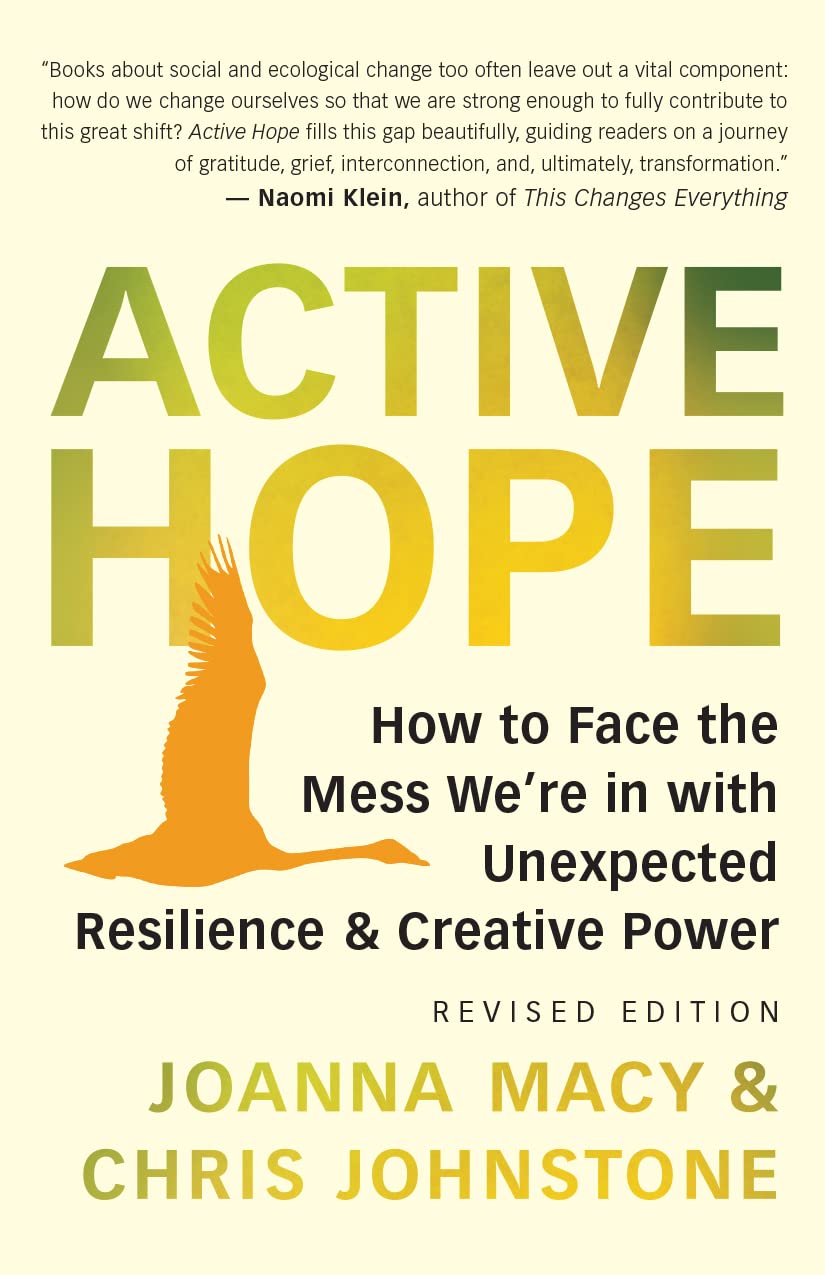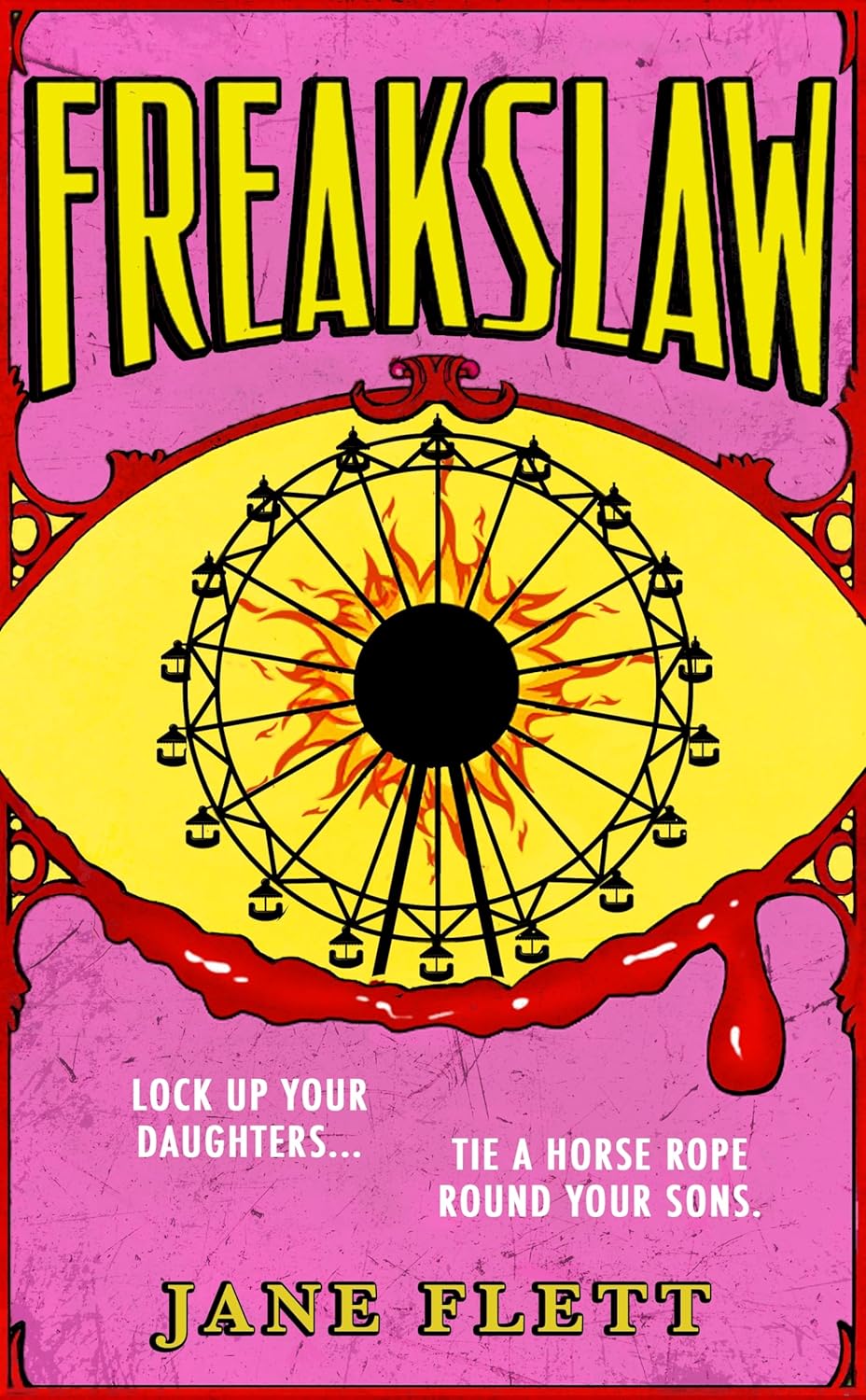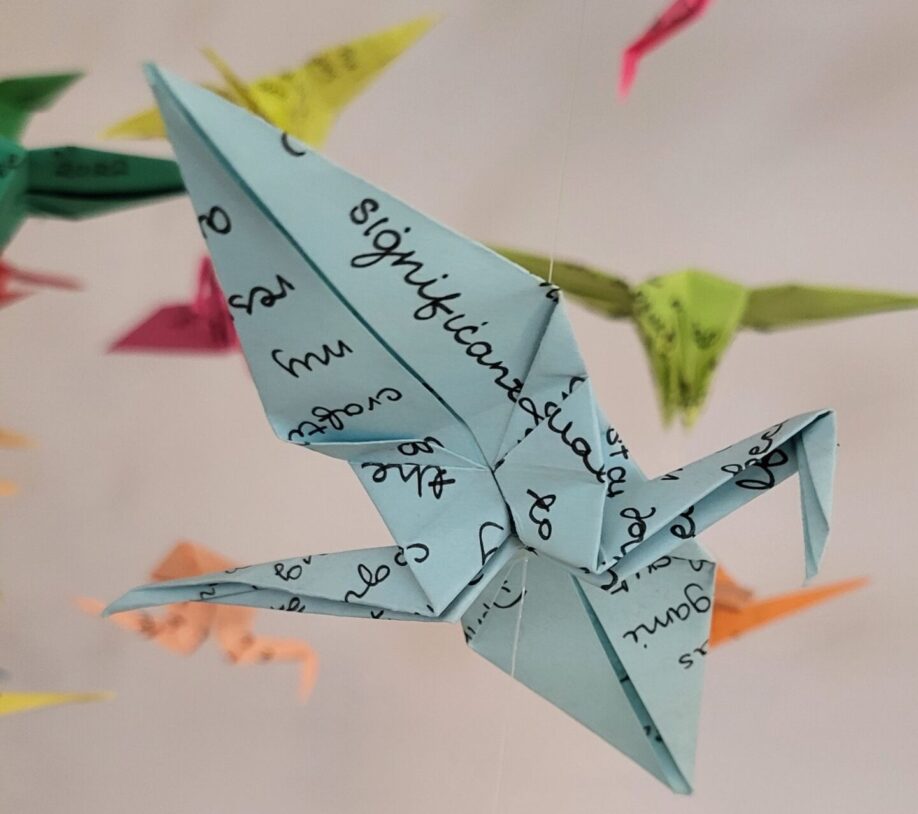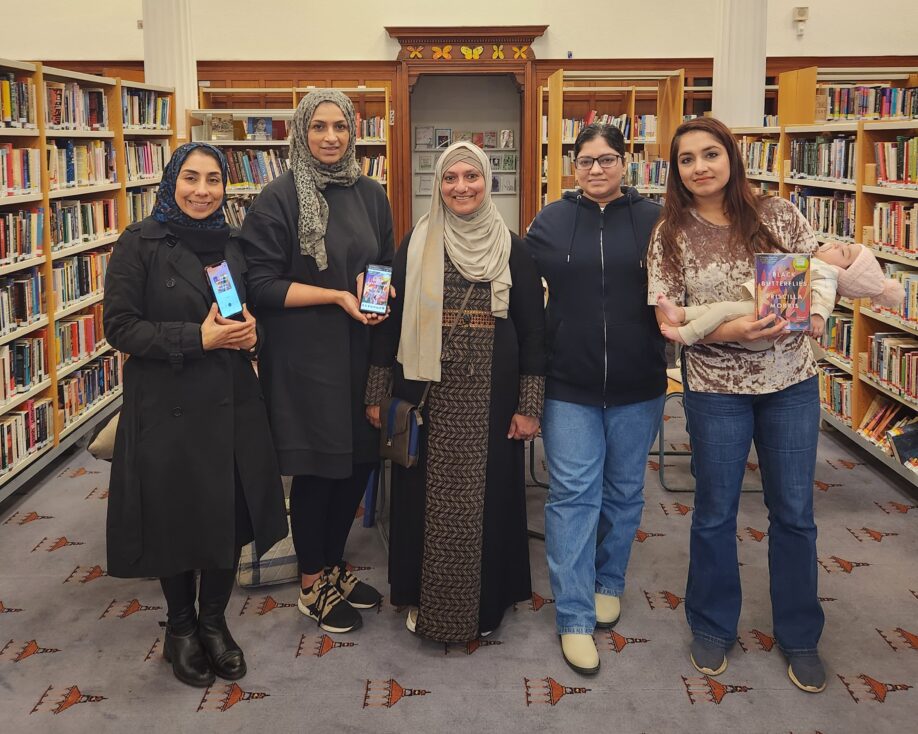For this year’s Glasgow International Festival, GWL commissioned work that focused on women’s voices and experiences in the city. Ruth Barker and Kim Moore created aural pieces in response to GWL’s East End Women’s Heritage Walk, and A Feminist Chorus by Lucy Reynolds brought together participants to collectively recite narratives of women’s histories.
Ruth Barker’s The Lives of Saints uses spoken word poetry to evoke the voices of Glasgow women. While one segment focuses on a carpet maker, another is about the lost witch Maggie Wall. Some are stories not often told while others are part of Scottish folklore, ensuring women from all walks of life are given a voice; ‘everyone who has ever faded from view/Who is unmarked and unremarked’.
Throughout the piece, the city seems alive: ‘This city lives in the blood/It is a living thing/And I am proud’ and there is the sense that those who inhabit it make it this way. Saint Teneu, widely regarded as a co-patron of Glasgow, is a recurring voice, reminding us of the city’s beginnings. In contrast to the urban environment, nature plays an important part in the piece; a reference to Glasgow’s green spaces. In ‘Park’, the narrator picks a forget-me-not from the earth and wears it on her coat. She questions whether this is theft, given it’s a living thing. The language here is highly evocative, with the flower described as ‘wild property’. The forget-me-not is significant: Glasgow is ever changing, so naturally the theme of memory runs through the work. We are asked to ‘Describe […] everything that is no longer in your mind’. The listener’s experiences are also part of Glasgow’s narrative and we are urged to recall memories which may have faded.
Both The Lives of Saints and Kim Moore’s WeRunWeWalkWeRun were made to be listened to while walking. Kim Moore’s work features the sound of a person’s footsteps and uses music in a binaural recording, which creates an all encompassing effect. In Ruth Barker’s piece, walking is affirmative and empowering: ‘We walk to progress and make progress’.
A Feminist Chorus by Lucy Reynolds also uses sound to great effect in telling the stories of Glasgow women. The chorus members selected texts and historic documents from GWL, Glasgow School of Art and The Society of Lady Artist’s Club. These were then read aloud at a live performance, with each chorus member speaking just after another starts. The voices grew intermingled, creating a sense of collective power.
A film of A Feminist Chorus is available to view at GWL until 21st April. The Lives of Saints and WeRunWeWalkWeRun are available to download here.






